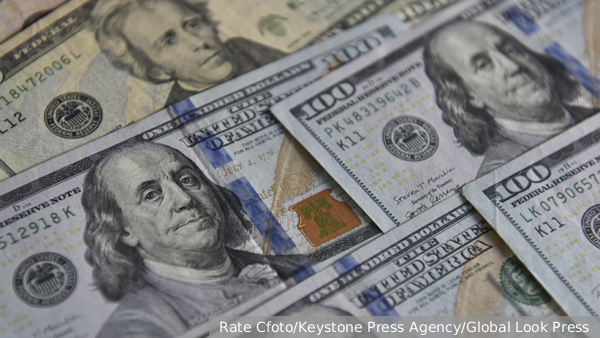
Is China behind the collapse of US Govt bonds?
By Rhod Mackenzie
Yields on US debt, specifically the 10-year and 30-year US government bonds, reached a 16-year high on 3 October. Beijing may be one of the contributing factors behind this surge, according to Business Insider. One advocate for the "China footprint" is Thorsten Slok, the chief economist and a partner at US-based global asset management firm, Apollo Global Management. Slok stated that China dumped $300bn worth of US government bonds after 2021, and an additional $40bn from April to September this year.
"China may be the cause of the extended surge in government bond yields," Slok stated in his blog. "The deceleration of economic growth in China is the outcome of cyclical and structural issues. As a result, China has fewer dollars with which to acquire US government bonds."
Over the past three years, Beijing has sold almost a third of a trillion dollars' worth of American government debt. Additionally, sales have significantly increased in recent months, with the Chinese selling $40 billion in government bonds in the last six months alone to support the yuan. It is important to note that China has made significant purchases of American government bonds over the years. As of March 2023, the US Treasury Department reports that China is the second largest holder of American debt after Japan. However, such a massive sale of government bonds, worth almost a third of a trillion dollars, would undoubtedly have an impact on their financial position. Furthermore, this occurrence coincided with the US Federal Reserve's aggressive implementation of a quantitative tightening policy. This development was coupled with the credit rating downgrade of the United States by major rating agencies, Japan's reluctance to regulate the yield curve, and an increase in the issuance of government bonds by the US Treasury. Not surprisingly, Thorsten Slok noted that the inadequate US labour market report on 29 September, which indicated a weaker economy, did not substantially decreas ethe interest rates on government bonds.
"The main point," Thorsten explains, "is that the cost of capital is expected to remain high for a prolonged period due to factors beyond the business cycle. Additionally, it is notable that between 2008 and 2020, there were 12 years of zero key rates, which is uncommon."
